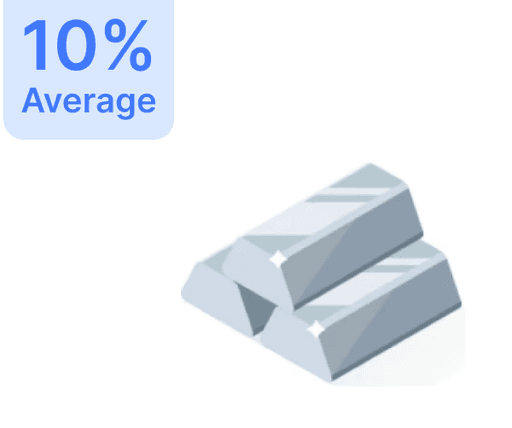
RBI's 2024 Credit Card Guidelines: What You Need to Know

 Jul 29, 2024
Jul 29, 2024 15 Mins
15 MinsThe increasing presence of credit cards in India necessitates consumer protection. The Reserve Bank of India (RBI) consistently updates its regulations to ensure fairness and transparency in the credit sector. Below is a summary of key RBI guidelines regarding credit card issuance and usage in India.
Guidelines Overview
- Issuer Eligibility: Commercial banks with a net worth of Rs. 100 crores or more can issue credit cards. Different rules apply to Regional Rural and Urban Cooperative Banks, while NBFCs can issue cards under certain conditions.
- Co-branded Cards: Banks do not require RBI approval to issue co-branded cards unless partnering with non-bank entities.
- Consent Required: Credit card issuance requires explicit customer consent, either written or digitally with multifactor authentication, and must be reported to the RBI.
- Unsolicited Issuance and Upgrades: Issuers need cardholder approval for credit card upgrades or credit limit increases.
- Credit Information: Card issuers should only report credit activity to Credit Information Companies post-activation to ensure accurate credit scores.
- EMI Conversion Transparency: EMI offers should clearly display the principal, interest, and discounts in customer statements.
- Closure Regulations: Credit card accounts should close within seven days of a request by the customer, with penalties for delays.
- Interest Rates: Interest on credit cards must be justifiable, reflecting costs to ensure fair lending practices.
- Billing and Payments: Customers have 14 days to settle bills and can request billing cycle changes for greater flexibility.
- Debt Collection: Collection must avoid harassment, ensuring respectful dealings.
Recent Upgrades to Guidelines
- OTP for Card Activation: Post-2022 rules require OTP consent for card activation within 30 days to prevent misuse.
- Credit Limit Adjustments: Issuers need written consent before increasing credit limits to avoid undue financial stress.
- Late Payment Regulations: Starting March 2024, late payment fees will only apply if payments exceed a three-day delay.
Ensuring Safety and Convenience
RBI’s stringent measures ensure credit card usage safety and ease by setting transaction limits, allowing service-specific activation, and approving specific transaction channels, safeguarding consumers against fraud.
Indian credit card users should familiarize themselves with these guidelines to maximize their credit card experience safely. Unhinged customers can cancel cards without penalties provided there are no outstanding dues.
The detailed RBI guidelines emphasize cardholder protection, demanding banks maintain high transparency and service levels. Awareness of these rules helps consumers manage financial resources responsibly.
*Abbreviations: RTGS, NEFT, IMPS, NBFC, NRI, HUF, GST, KYC, OTP, etc., stand for financial services and entities integral to the banking and credit ecosystem in India.




